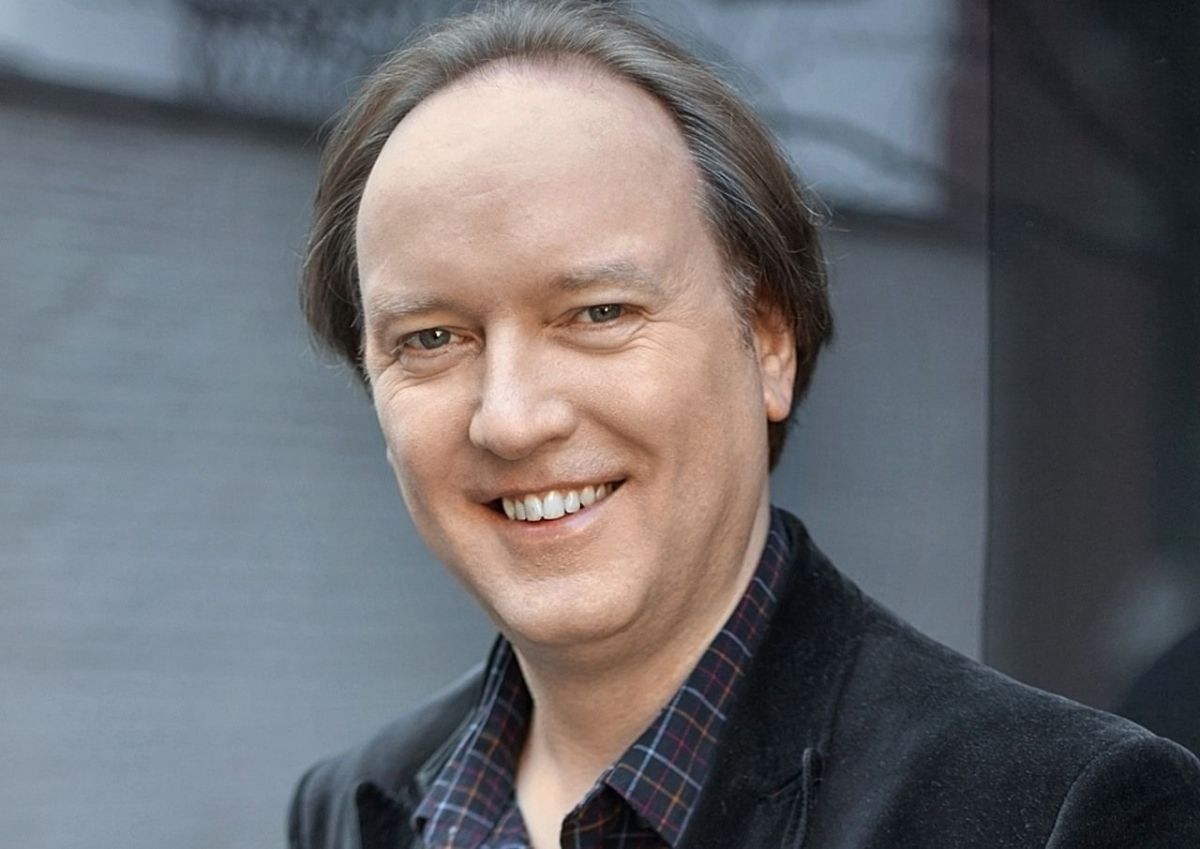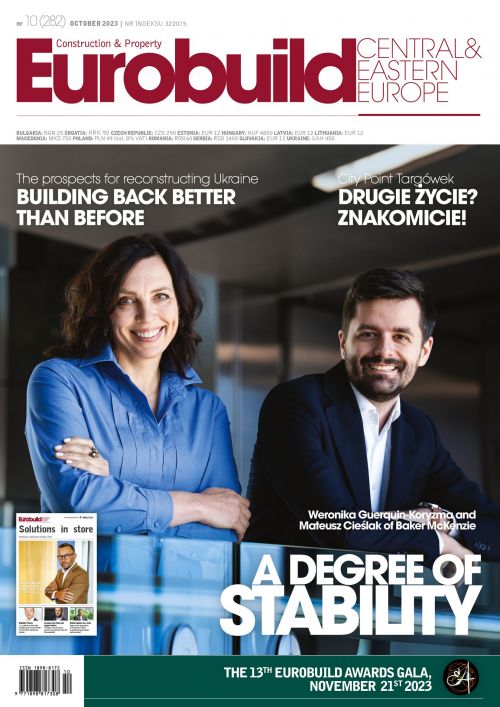It was as though summer had simply decided not to end that year, as the hot weather sweltered on well into October. But despite those golden days, my first impression of Polish people was of grumpiness. The apparent reason for this was given to me by one of my first acquaintances here: “People are in a bad mood right now because the weather is so nice – it reminds them that summer will end soon and winter’s just around the corner,” she explained. So, even though there was more summer, it couldn’t be enjoyed – the balmy weather was merely taunting us, ready to turn bitter and bite us at any moment. And sure enough, it did. Midway through November, after just a couple of weeks of “autumn”, Warsaw was knee-deep in snow. Temperatures plummeted from the mid-twenties the month before to below -10⁰C – and more or less stayed that way for the next four months. When the sun eventually showed its face again, it was mid-March, and it was only then that the frozen snow that cov





























































